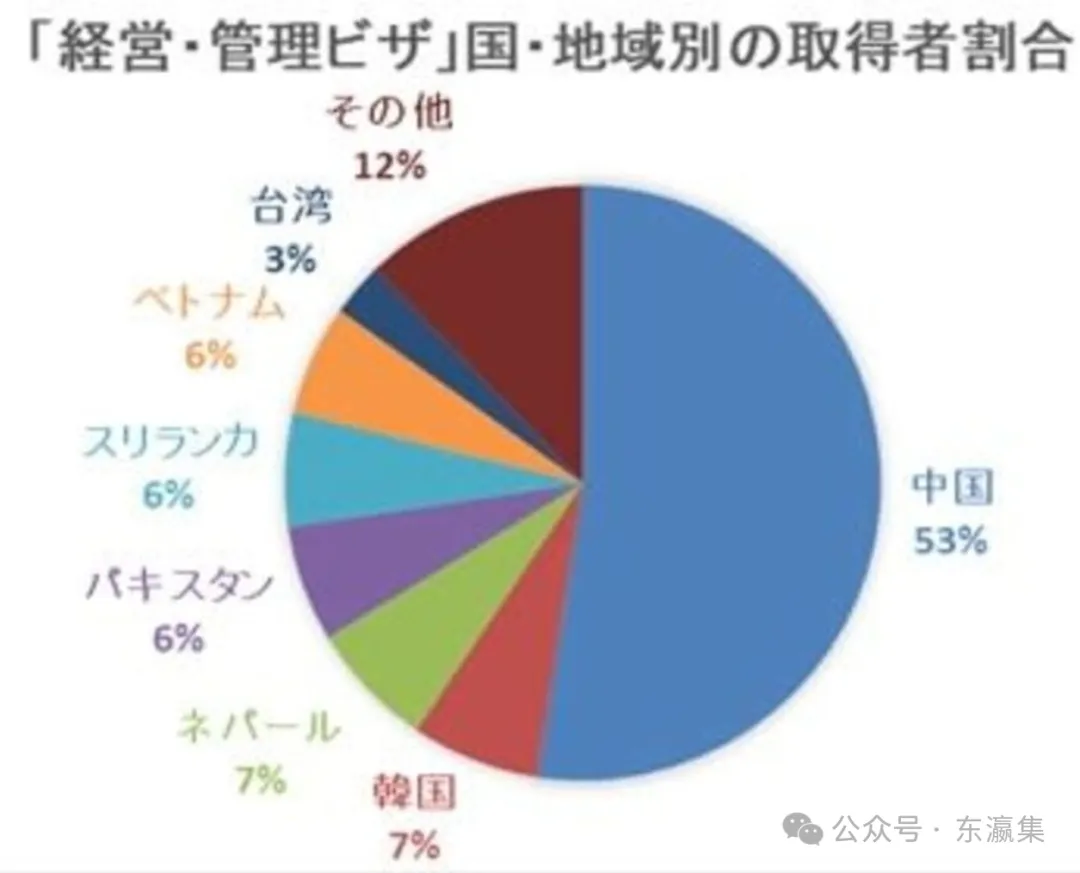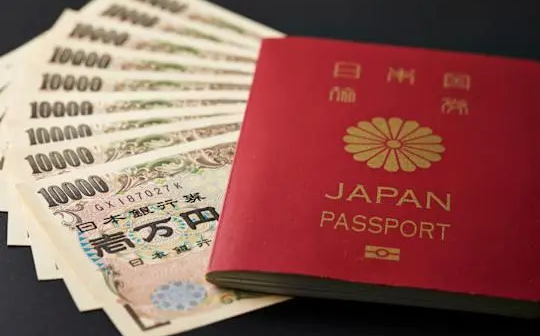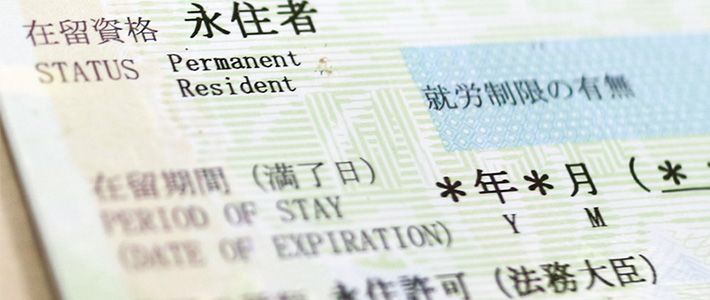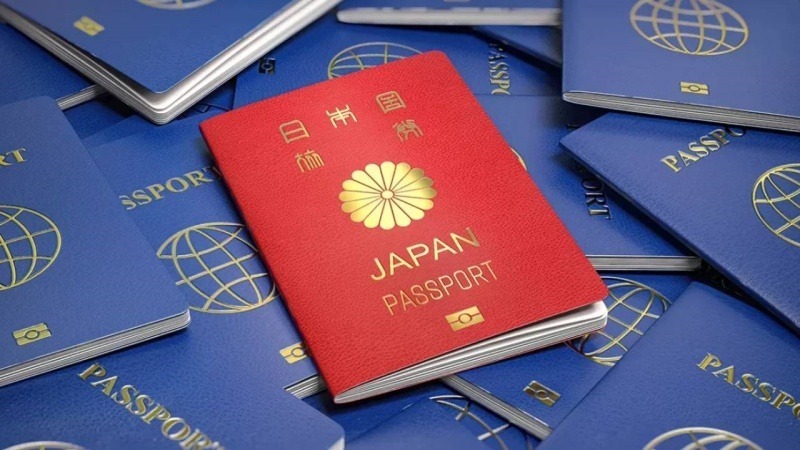On the morning of February 2nd, the Japanese government announced a novel framework, conferring a "specific activity" residency status upon individuals termed "digital nomads" engaged in IT-related work during cross-border travels. If certain criteria are met, they shall be permitted a sojourn for labor and residence spanning six months. The objective is to attract exemplary foreign human resources, subsequently augmenting their expenditure within Japan. Pertinent policies are subject to discussion and refinement, with the commencement of applications slated for March.
The term "Nomad" historically references nomadic tribes, and "Digital Nomad" denotes those who traverse the globe, concurrently engaging in work facilitated by IT. Characterized by their ability to work remotely from any location, many operate as freelancers or contribute to overseas corporations. The impending initiative in Japan aims to allure digital nomads receiving compensation from international entities to work and contribute to consumption in Japan.
The eligibility criteria for residency targeting "digital nomads" in Japan include:
(1) Qualification for visa-free entry into Japan and citizenship of a country or region with a tax treaty signed with Japan;
(2) An annual income of 10 million yen or more;
(3) Enrollment in private health insurance for business purposes.
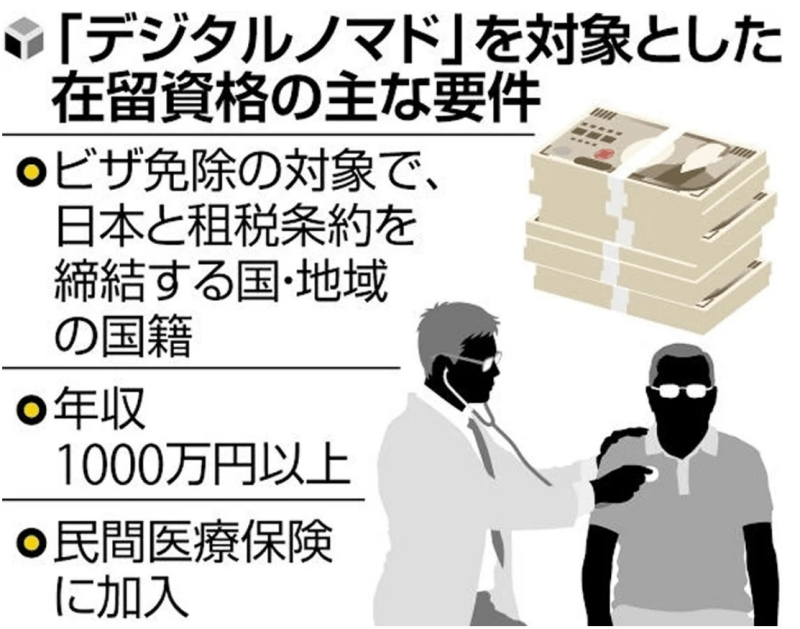
Upon meeting the aforementioned requisites, applicants shall be granted the "specific activity" residency status, permitting them a residence of six months, with the provision for spouses and children to accompany them.
For non-residents making short-term visits to Japan and having signed a tax treaty, tax exemptions shall be granted. According to statistics from the Japan Immigration Bureau, 49 countries and regions, including the United States, the United Kingdom, Australia, South Korea, and Taiwan, satisfy the first requirement.
Presently, digital nomads lack resident status. For purposes such as business trips and meetings, they may enter under the designation of "short-term visitors," with a maximum stay of 90 days in principle. Should one desire to work beyond this period, obtaining a work visa and remuneration from a Japanese company becomes requisite.
It is purported that many digital nomads enjoy substantial incomes. Global estimates suggest a population of approximately 35 million digital nomads, with a market size of around 110 trillion yen.
The Japanese government's set objective is to increase the expenditure of business tourists to Japan to 8.6 trillion yen by 2025, reflecting a 20% increase from the pre-COVID-19 levels in 2019. This initiative aims to stimulate consumption, and concurrently, the government hopes that the influx of exceptional IT talents will foster the creation of novel business ventures.
Related: A Narrative From A U.S. Resident: Choosing Okinawa Over Hawaii for Remote Work
